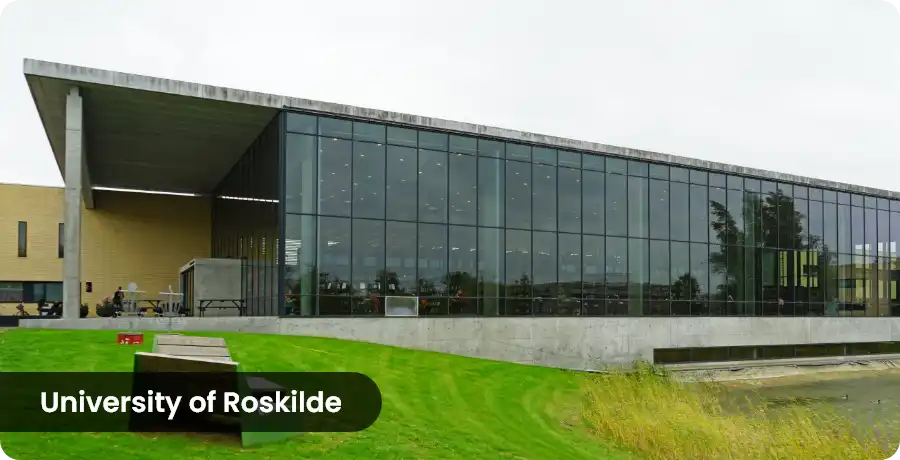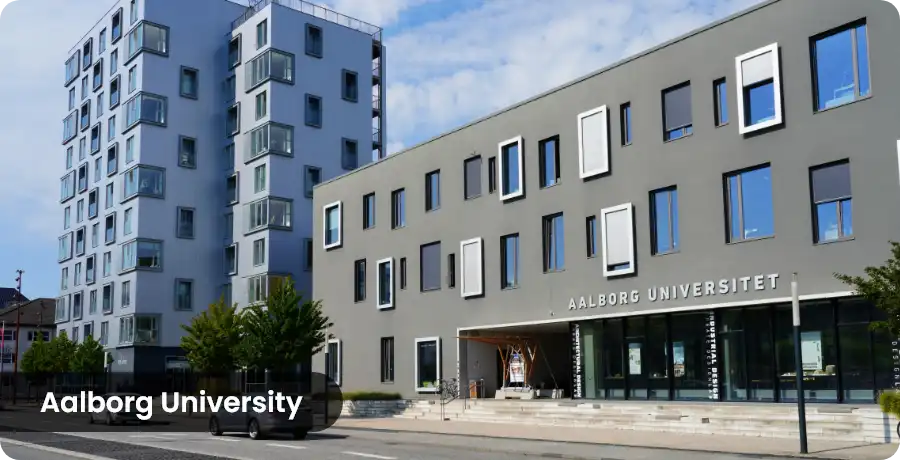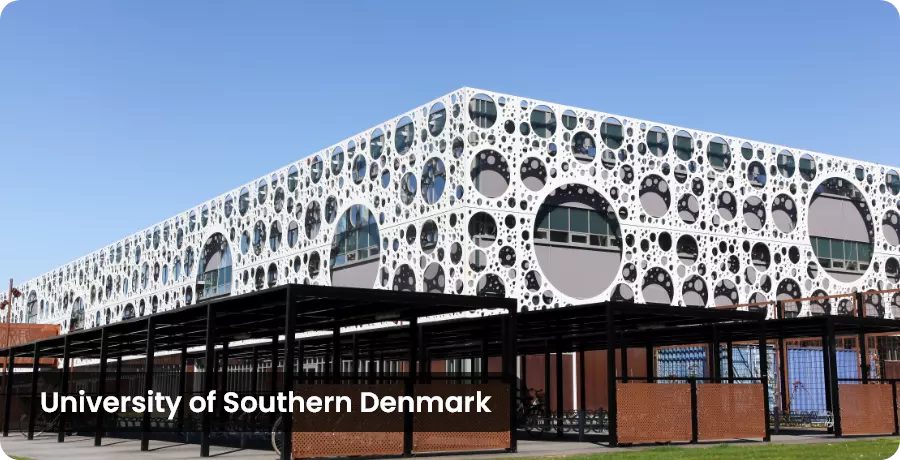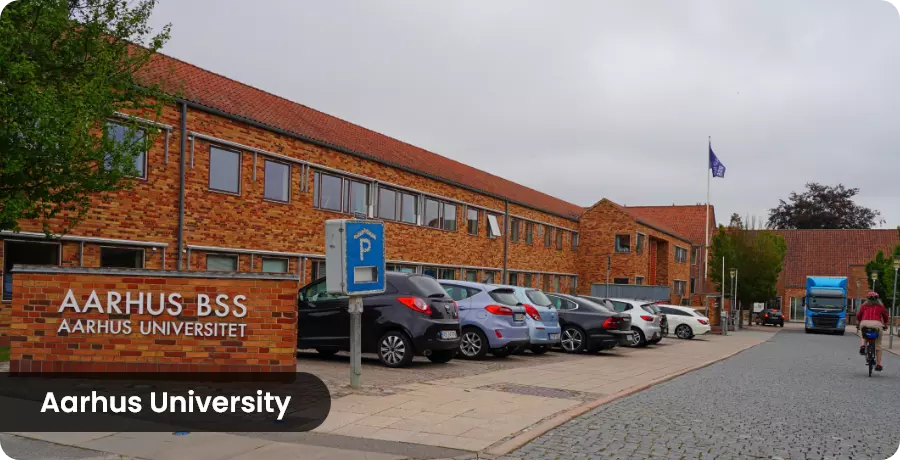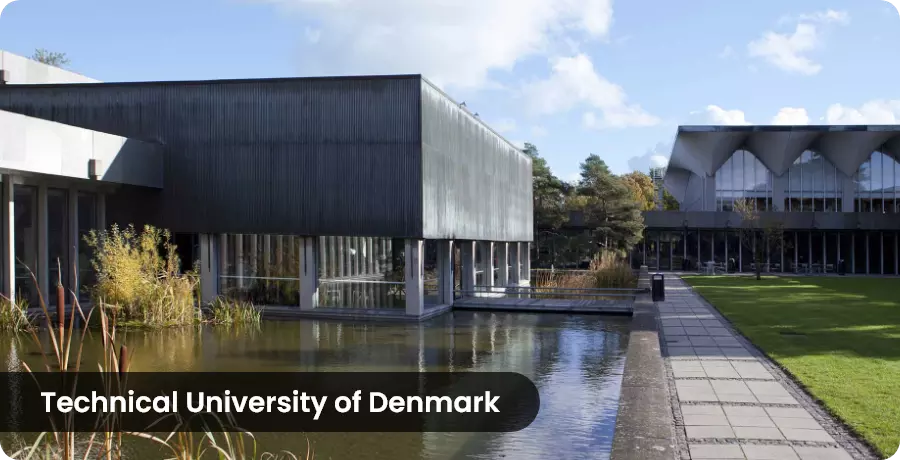Highlights about Biotechnology in Denmark
According to experts, the astounding technological advancements have improved the career scope of biotechnology aspirants. Employment opportunities for biotechnology graduates have increased to a significant extent. Nowadays, numerous students from India and other countries choose Denmark to pursue a degree program in biotechnology.
Some of the world’s best higher education institutes renowned for offering bachelor’s and master’s degrees in biotechnology are in Denmark. Students learn the usage of microbiological procedures, bio-systems, and living organisms to produce new products that enhance the quality of human life.
Different specializations of biotechnology degrees include Bioinformatics, Biomedical Engineering, Biodefense, Drug Research, Environmental Regulatory Affairs, etc. Biotechnology is a combination of concepts pertinent to science and engineering. The Danish Accreditation Institution accredits top-ranked biotechnology course-offering universities in Denmark.
Why Study Biotechnology in Denmark?
- The standard of higher education in Denmark is excellent, and it immensely emphasizes biotechnology-specific higher education via university learning.
- Students who opt to study biotechnology in Denmark can enrich their knowledge of genetics, microbiology, bioethics, cell biology, biometrics, genomics, and more.
- Some of Europe’s top-rated higher education institutes are in Denmark; most colleges and universities offer biotechnology programs.
- Students from EU/EEA nations can pursue an undergraduate postgraduate course in biotechnology entirely for free at top public universities in Denmark.
- The demand for competent biotechnology graduates in Denmark is higher; most of them can pursue a rewarding and lucrative career in this field.
- Leading Danish universities that offer biotechnology courses conduct classes in small groups, facilitating students to focus better and participate actively in various activities. Moreover, most institutes offer these programs entirely in English.
- The language barrier is not an issue for international students in Denmark because 90% of citizens in Denmark speak English. In addition, most students from India and other countries who flock to Denmark for higher studies start enjoying and appreciating Danish culture.
Types of Biotechnology Courses in Denmark
- B.Sc. in Biotechnology
- B.Sc. in Medical Biotechnology
- B.Tech Biotechnology
- B.Tech Industrial Biotechnology
- M.Sc. Biotechnology
- M.Sc. Industrial Biotechnology
- M.Sc. Medical Biotechnology
- M.Sc. Industrial Biotechnology
List of Universities Offering Biotechnology Courses in Denmark
- University of Copenhagen
- Technical University of Denmark
- Aarhus University
- University of Southern Denmark
- Aalborg University
Biotechnology Course Admission Process
Aside from native students, many international students secure admission to various top-ranked higher education institutions in Denmark to study biotechnology. It is essential for everyone who aspires to pursue an undergraduate or postgraduate degree in biotechnology at Danish colleges or universities to meet entry requirements.
The guidelines related to international student admission for a bachelor’s or master’s degree program in biotechnology are not the same for every Danish institution. It is important to correctly fill out the online application form for a biotechnology course. Moreover, submitting all requisite documents along with the form is a must for all applicants.
Students who intend to apply for a bachelor’s degree in biotechnology must have physics, chemistry, mathematics, and biology in higher secondary and secure an aggregate of above 65% of marks. Holding a bachelor’s degree in biotechnology is necessary for those applying for a master’s degree. English proficiency is a must for applicants not from EU/EEA countries.
Eligibility Criteria
- Every domestic and international student who applies to an undergraduate or postgraduate degree program in biotechnology must do so online via the official university portal.
- Interested bachelor’s degree course applicants must obtain above 65% of aggregate marks in physics, chemistry, mathematics, and biology. On the other hand, having a bachelor’s degree in biotechnology is necessary for students who apply for a master’s degree.
- It is a must to complete the bachelor’s degree program prior to the beginning of the first semester of the master’s degree.
- Students must prove their English expertise to secure admission to a Danish university to study biotechnology. Therefore, students from Nordic countries must attain a B-level, and non-EU/EEA nations applicants must secure higher marks in the TOEFL, IELTS, or Pearson test.
- Applicants must apply to a bachelor’s or master’s degree program in biotechnology within the deadline.
Documents Required
- A passport copy
- Passport photographs
- 12th grade result or equivalent
- Bachelor’s degree or official academic transcripts
- Funding documents
- English proficiency test score
- Updated curriculum vitae
Proficiency Test
International students must prove their proficiency in the English language to secure admission to a Danish higher education institute to study biotechnology. So, applicants from non-EU/EEA students and Nordic countries must achieve higher scores in English proficiency exams such as TOEFL, IELTS, or Pearson test.
Visa Process
It is paramount for international applicants to conduct the Denmark study visa application process flawlessly. Upon receiving the acceptance letter from a Danish college or university, a student must apply for a study visa and submit every necessary document online.
Cost of Biotechnology Course in Denmark
- Tuition Fees: Danish public universities do not require EU/EEA students to pay tuition fees. On the other hand, non-EU/EEA students have to pay around 7500 EUR per semester.
- Living Costs: International students must bear between 800 and 1200 EUR monthly to study and live in Denmark. Living in big, popular cities like Copenhagen costs more than in smaller cities in Denmark.
Scholarships
- Non-EU/EEA Citizens Scholarship
- Citadel Capital Scholarship Foundation
- R&D Systems Scholarship
- ELES-Scholarship
- ACES Scholarship
Job Opportunities for Completing Biotechnology in Denmark
An MSc in Biotechnology graduate can choose from multiple career options. Those who do not opt for Ph.D. studies mostly do research and development activities or work in the food industry. Many even become a part of the production and management departments in the medical and biotechnological sectors. The average annual remuneration of a biotechnologist in Denmark is 1,020,340 DKK.
Frequently Asked Questions (FAQs)
1. Which nation pays the most to a senior biotechnologist?
Denmark, Germany, Switzerland, and the US pay the highest annual salaries to biotechnologists with more than 4-5 years of experience.
2. How good is Denmark for studying biotechnology?
Pursuing a bachelor’s or master’s in biotechnology in Denmark is advisable as this country offers a top-notch research environment for the pharma and biotech sectors.
3. What are the two main study intakes in Denmark?
The primary intakes that top universities in Denmark follow are summer and winter.
4. What is the application fee for applying to a biotechnology program at a Danish university?
Non-EU/EEA students usually have to pay 255 EUR when applying to a biotechnology course at Danish universities.
5. How much does it take for international students to study biotechnology in Denmark?
International students not from EU/EEA countries have to pay anywhere between 6500-18,000 EUR every year to pursue a biotechnology program at a top Danish university.





.png)
.png)
